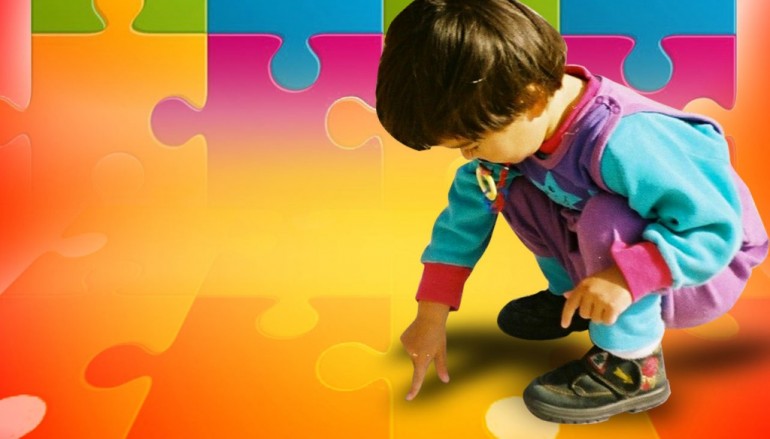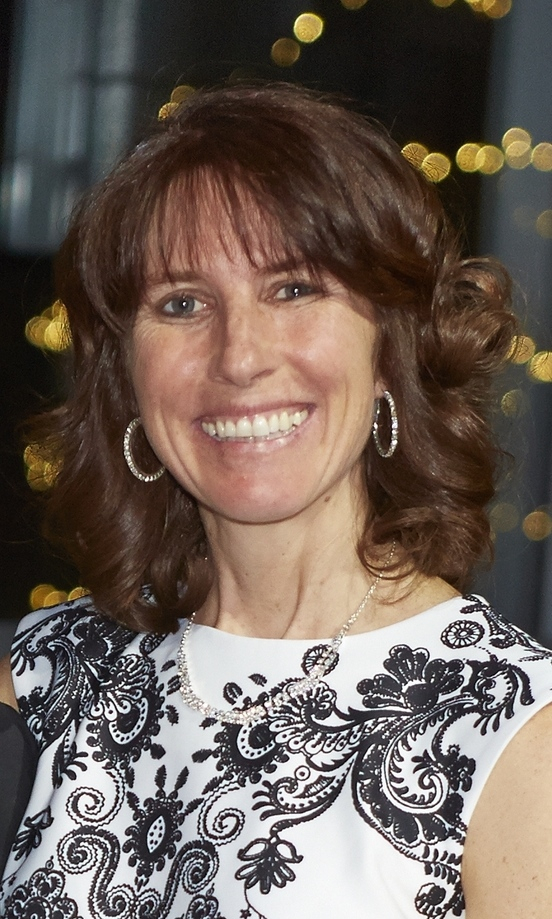 aIn honor of National Autism Awareness Month, Living Well spoke to Colleen Allen, Ph.D, from Autism Alliance of Michigan to discuss autism spectrum disorder and why raising awareness is so important.
aIn honor of National Autism Awareness Month, Living Well spoke to Colleen Allen, Ph.D, from Autism Alliance of Michigan to discuss autism spectrum disorder and why raising awareness is so important.
Living Well: What are the signs and characteristics of autism?
Colleen Allen: Autism is characterized by deficits/limitations in three primary areas:
1) Socialization: Examples of social deficits might include poor eye contact, not showing affection, laughing or crying inappropriately
2) Communication: Examples include no or limited verbal language, echoing what others say, excessively repeating words or phrases, or overly obsessed/focused on one topic to the exclusion of others’ comments or conversational interests
3) Restricted, repetitive behaviors and interests. Examples of restricted, repetitive behaviors include need for sameness and significant difficulty with transitions, excessive play with unusual objects and in the same, repetitive manner.
*Please note distinguishing these behaviors from normal is the intensity, quality, and extent that they interfere with normal function or daily activities.
LW: Are there resources available to help parents determine if their child has autism?
CA: While the Internet has become a great tool for learning about various medical conditions, the potential for undue anxiety exists since most parents cannot clearly delineate the wide range of normal behavior from autism. For example, “does not make eye contact” and “lining up toys” are often listed as early signs of autism. However, eye contact is difficult to measure and many, very typical children line up objects as part of normal development or experiences. A good resource is the CDC website (https://www.cdc. gov/ncbddd/autism/signs.html). However, I would, again, exercise caution in how the information is interpreted. Only trained autism specialists can accurately and reliably diagnose this condition.
LW: How is autism diagnosed?
CA: Autism looks like many other disorders and many other disorders look like autism. Obtaining an accurate, reliable diagnosis requires a highly trained specialist, or in many cases, a team of specialists, who will evaluate a number of developmental areas to first rule out the many related conditions that share features with autism. These areas include behavior, communication, learning and academic skills, social features, sensory characteristics, medical, and motor development. An autism diagnostic team might include a neurologist, pediatrician, psychiatrist, speech/language pathologist, social worker, psychologist, or any combination of these.
LW: What resources are available to families that are coping with Autism?
CA: Autism Alliance of Michigan (www.autismallianceofmichigan. org) is the best resource for information, support and services in our state. A number of reputable organizations provide evidence based information to help families make good choices, but these are often difficult to navigate. Unfortunately, many parents struggle with being able to distinguish good information from bad. The MiNavigator service offered by AAoM can help families find their way.
LW: Why is advocacy for autism so important? CA: While we have made great progress in Michigan to provide better care for individuals with autism, such as autism insurance laws, the Michigan Autism Council, and adoption of an Autism Spectrum Disorders State Plan, we have a long way to go. Advocacy directed to policy reform, legislative action, and sufficient funding, is needed to address adult service issues, such as living arrangements and employment. Additionally, improved education and transitional programming is needed to meet the growing needs of the aging population of persons with autism. LW: How can the community get involved in raising awareness for autism?
CA: Through inclusion efforts. Families with autism are often isolated from the activities in our community that most enjoy. Frequently, going to the store, enjoying a restaurant or even a shopping trip can create challenges. Through education, understanding and acceptance, our community will be in a better position to support those with autism, and to recognize the gifts and special talents which can contribute to our society in ways most of us can’t imagine. Other ways the community can get involved in raising awareness is to support autism events and initiatives, especially during the month of April, National Autism Awareness Month. For more information please visit: www.autismallianceofmichigan. org.


